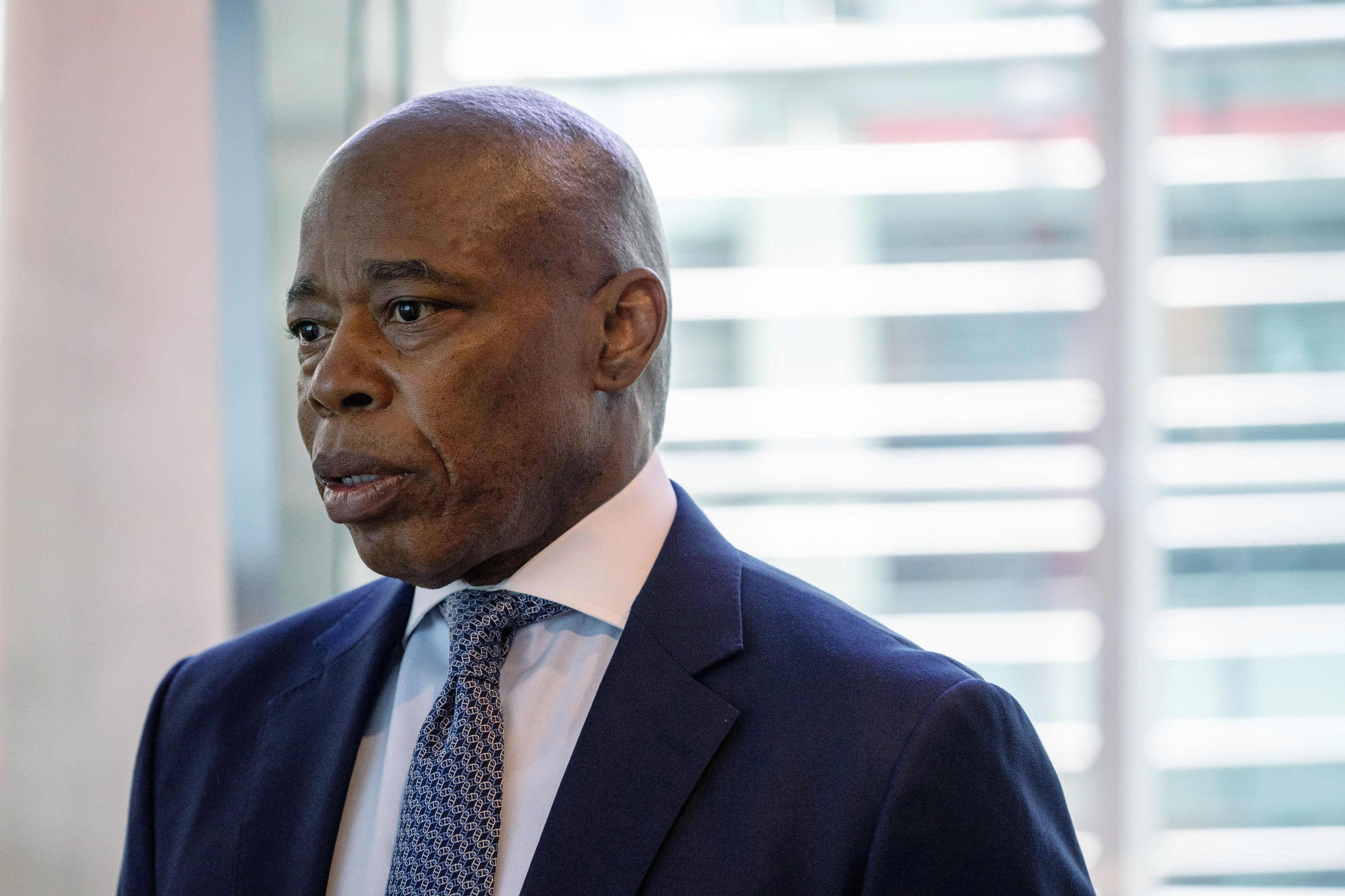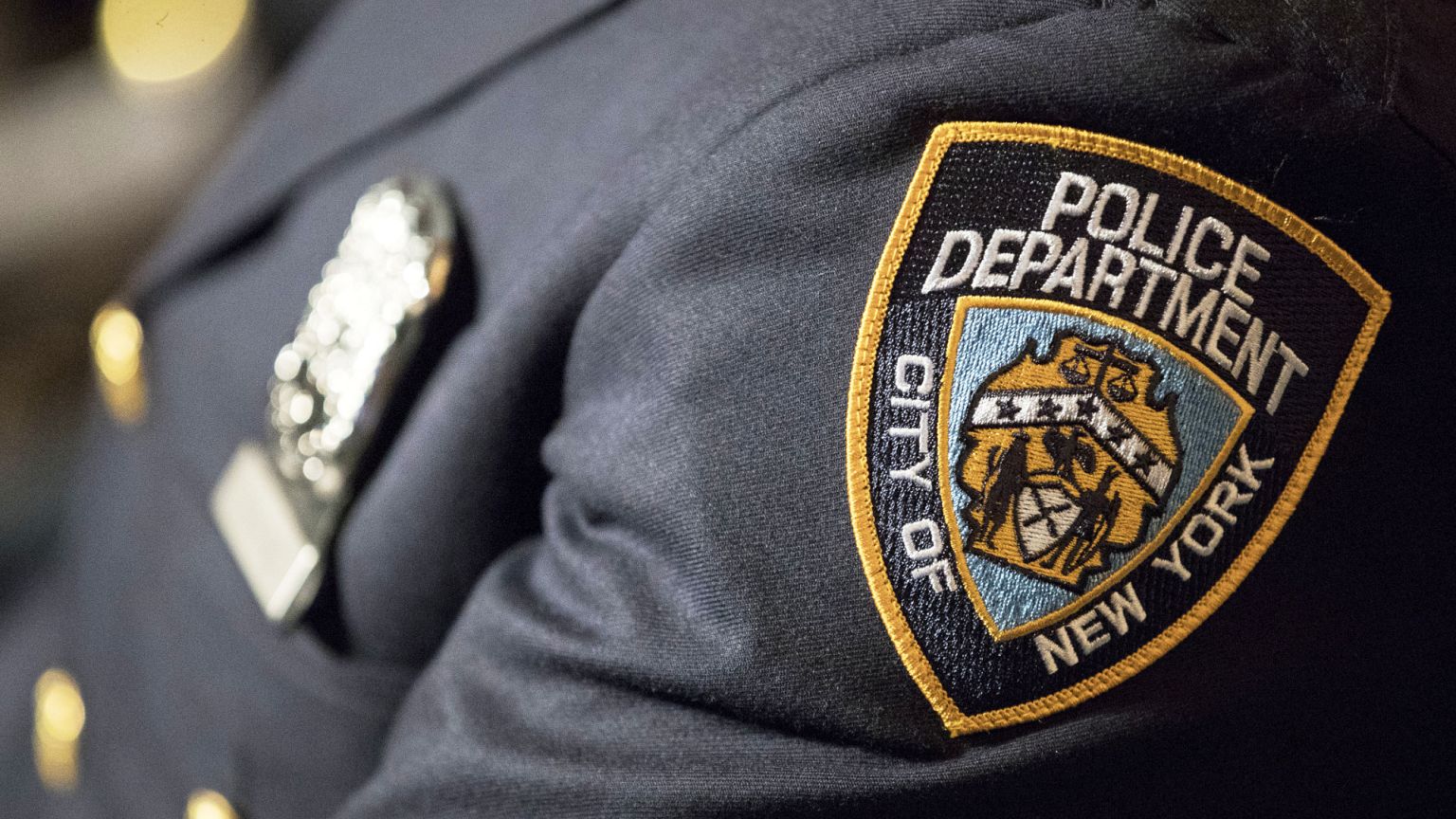Trump Administration Files Lawsuit Against New York City Over Sanctuary City Policies

The Trump administration has filed a federal lawsuit against New York City, alleging that its "sanctuary city" policies obstruct federal immigration law enforcement. The lawsuit, filed on July 24, 2025, argues that these policies contributed to the recent shooting of an off-duty U.S. Customs and Border Protection (CBP) officer in Manhattan.
Attorney General Accuses NYC of Releasing Criminals

Attorney General Pamela Bondi asserted that New York City's policies have led to the release of "thousands of criminals" who have gone on to commit violent crimes. "New York City has released thousands of criminals on the streets to commit violent crimes against law-abiding citizens due to sanctuary city policies. If New York City won't stand up for the safety of its citizens, we will," Bondi stated.
Lawsuit Targets Limits on Immigration Detainers

The lawsuit specifically challenges New York City's policies that prevent local law enforcement from honoring civil immigration detainers. These detainers request that individuals be held beyond their release date so that federal immigration authorities can take them into custody.
Mayor's Office Signals Possible Re-evaluation

Kayla Mamelak Altus, a spokesperson for Mayor Eric Adams, indicated that the mayor "supports the essence" of the city's sanctuary policies. However, she also noted that he has urged the City Council to "reexamine them to ensure we can effectively work with the federal government to make our city safer" when dealing with "violent criminals." According to Altus, the City Council has "so far" refused to do so.
Shooting of CBP Officer Sparks Federal Action

The Trump administration has directly linked the city's sanctuary policies to the shooting of an off-duty CBP officer in a Manhattan park on July 20, 2025. Authorities reported that two men apprehended in connection with the shooting had been arrested multiple times since illegally entering the country from the Dominican Republic. One of the suspects had been released in 2024 despite an active detainer request from ICE.
NYC's History as a Sanctuary City

New York City's history as a sanctuary city dates back to 1989, according to the lawsuit. The city's limited-cooperation policies were initially implemented in 2013, expanded in 2014 and 2017, and further solidified through Executive Order 50 in 2022.
Limited Cooperation with ICE Detainers

According to the lawsuit, the New York City Department of Correction honored only 4% of ICE detainer requests in the 2024 fiscal year, highlighting the city's limited cooperation with federal immigration enforcement.
Part of a Broader Crackdown on Sanctuary Jurisdictions

The lawsuit against New York City is part of a larger effort by the Trump administration to crack down on "sanctuary" jurisdictions across the United States. Similar lawsuits have been filed against New York state, Colorado, Rochester (NY), Los Angeles, and Illinois in recent months, alleging that their policies impede federal immigration enforcement. The administration has also been pursuing mass deportations.
Key Players: Federal Government, NYC, and Advocacy Groups

The key stakeholders in this legal battle include: The Trump administration, represented by Attorney General Pamela Bondi and Assistant Attorney General Brett Shumate, seeks to compel New York City to cooperate more fully with federal immigration authorities.
New York City, including Mayor Eric Adams, Police Commissioner Jessica Tisch, City Council Speaker Adrienne E. Adams, and various city departments, defends its policies as necessary to protect immigrant communities and foster trust, arguing that this makes the city safer for all residents.
Immigration and Customs Enforcement (ICE) and Customs and Border Protection (CBP) are the federal agencies directly affected by sanctuary policies.
The New York Civil Liberties Union (NYCLU) has vocally opposed the lawsuit, arguing that New York City has no obligation to become an extension of federal immigration enforcement and that sanctuary laws contribute to public safety and community well-being. Executive Director Donna Lieberman stated that the city's "decades-old, bipartisan sanctuary laws have made our city safer, supported our economy, strengthened our communities, and made it easier for our people to access vital services."
Immigrant communities are directly affected by these policies, as they are intended to provide a sense of security and encourage cooperation with local authorities without fear of deportation.
Controversy: Federal vs. Local Authority

The central controversy revolves around the balance of power between federal and local governments regarding immigration enforcement, and differing views on how best to ensure public safety while addressing the needs of immigrant communities. The federal government argues that sanctuary policies shield criminals and endanger citizens, violating the Constitution's Supremacy Clause. New York City and its supporters argue that these policies enhance public safety by encouraging all residents, regardless of immigration status, to report crimes and access essential services without fear of deportation.
Public Reaction Divided

Trump Administration Supporters: Applaud the lawsuit, viewing sanctuary policies as dangerous and an obstruction of federal law. Statements from Attorney General Bondi and White House spokesperson Abigail Jackson reiterate this stance, claiming sanctuary cities "are working in direct opposition to the mandate that President Trump was elected to fulfill and American citizens are paying the price."
New York City Officials & Advocates: Defend the city's policies, asserting the right of local governments to create laws that best serve their communities. Mayor Adams supports the "essence" of the laws but has expressed concerns about their application to "violent criminals." The NYCLU strongly condemns the lawsuit as "frivolous" and an "attack on New York's ability to govern itself."
DHS: Has been actively posting on social media (e.g., X) to "stir up public dissent against sanctuary laws," claiming "Every New Yorker should know: their sanctuary politicians are working against law enforcement and RELEASING criminal illegal aliens with prior convictions for rape, murder, and drug trafficking back into their communities."
Potential Legal, Financial, and Social Consequences

The outcome of this and similar lawsuits could set significant legal precedents regarding the extent of federal authority over local immigration policies. The Trump administration has previously attempted to claw back federal funds from sanctuary jurisdictions. While a federal judge blocked such attempts in the past, continued litigation could lead to renewed efforts.
Both sides claim their approach enhances public safety. If the federal government prevails, New York City might be forced to alter its policies, which could lead to increased fear and distrust within immigrant communities, potentially making them less likely to cooperate with local law enforcement. Conversely, the federal government argues that current policies lead to the release of dangerous individuals.
The lawsuit is highly politicized and will likely continue to be a significant talking point in national and local political discourse, particularly concerning immigration and states' rights.